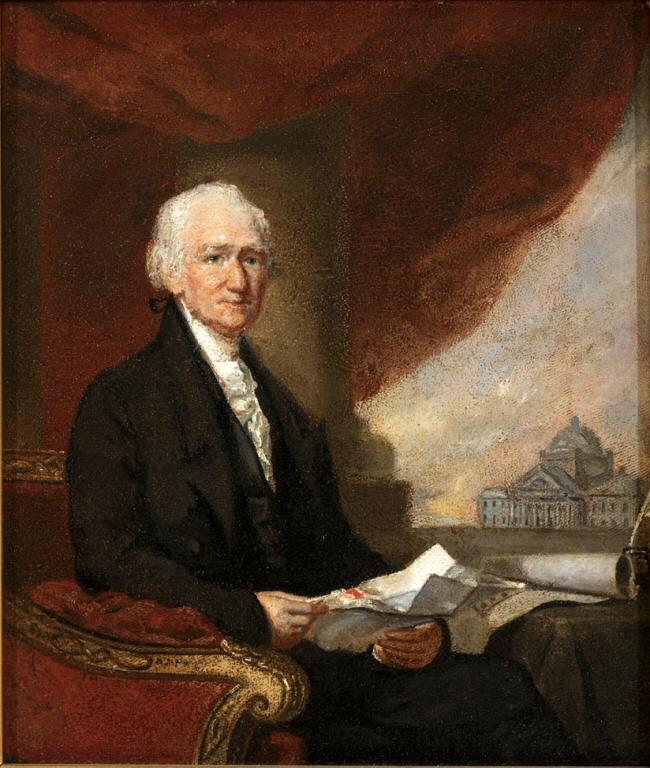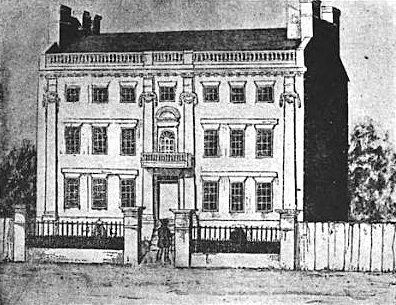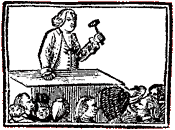History Camp Discussion about the Outbreak of War, 6 Feb.
Sam is the author of Dr. Joseph Warren: The Boston Tea Party, Bunker Hill, and the Birth of American Liberty. He shared a great deal of his research for that book on his Joseph Warren website.
Sam and I are both members of the board of The Pursuit of History, Inc., the non-profit organization that organizes History Camp, these online author discussions, and the Pursuit of History Weekends, including the upcoming look at “The Outbreak of War” on 3–6 April. So we’ll talk about those things, too.
One of the overlaps between my book and Sam’s is Dr. Joseph Warren’s 10 Feb 1775 letter to Samuel Adams, kept at the New York Public Library. It gives a vivid picture of the tension inside redcoat-occupied Boston 250 years ago:
We were this Morning alarmed with A Report that A Party of Soldiers was sent to Cambridge with Design to disperse the [Massachusetts Provincial] Congress many here believed it was in Consequence of what was Yesterday published by their Order, I confess I paid so much Regard to it as to be sorry I was not with my Friends and Altho, my Affairs would not allow of it I went down to the Ferry in a Chaise with Dr. [Benjamin] Church both determined to share with our Brethren in any Dangers that they might be engaged in but we there heard that the Party had quietly passed the Bridge on their Way to Roxbury up[on]. which we returned Home.Whiston the blacksmith was cut out of the Patriot organization; eventually he left Boston as a Loyalist in March 1776. The committee of safety convinced Robinson to turn over those “four Field Pieces” so they could be moved further from Boston—out to Concord, in fact. However, since Dr. Church was or would soon be in Gage’s pay, the general tracked them out to that town.
I have spent an Hour this Morning with Deacon [William] Phillips and am concerned that our Existence as a free People absolutely depends in acting with Spirit & Vigor, the Ministry declare our Resolution to preserve our Liberty and the common People there are made to believe we are a Nation of noisy Cowards, the Ministry are supported in their Plan of answering us by Assurances that we have not Courage enough to fight for our Freedom, even they who wish us well dare not openly declare for us lest we should meanly desert ourselves and leave them alone to content with Administrations, who they know will be politically speaking, omnipotent if America should submit to them,
Deacon Phillips Dr. Church and myself are all fully of Opinion that it would be a very proper Step should the Congress order A Schooner to [?] be sent Home with an accurate State of Facts, or it is certain that Letters to and from our Friends in England are intercepted, and every Method taken to prevent the People of Gt. Britain from gaining a Knowledge of the true State of this Country— I intended to have consulted with you had I been at Cambridge to Day on the Propriety of A Motion for that Purpose—but must defer it untill to Morrow—
One thing however I have upon my Mind which I think ought to be immediately attended to—the Resolution of the Congress published Yesterday greatly affects one [Obadiah] Whiston who has hitherto been thought firm in our Cause but is now making Carriages for the Army—He assisted in getting the four Field Pieces to Colo. [Lemuel] Robinson’s at Dorchester, where they are now, He says the Discovery of this will make him,—and He threatens to make the Discovery, perhaps Resentment and the Hope of gain may together prevail with him to act the Traitor—
Dr. Church and I are clear that it ought not to be one Minute in his Power to point out [to] the General [Thomas Gage] the Place in which they are kept but that they ought to be removed without pray do not omit to obtain proper Orders concern’g them
After war did break out, one of Dr. Warren’s first actions as head of the Massachusetts Provincial Congress was to assemble an account of the first battle from the Patriot perspective and send it by specially hired ship to London, just as this letter proposed.
This letter is one of many documents that show the Massachusetts Patriots making plans to respond to a British army action. Of course, every bit of military preparation convinced Gov. Gage that those men were planning an armed rebellion.
Back when Sam and I were writing our books, we had to go to New York to see that letter. Now it’s been digitized for anybody to read (though searching for it is still a challenge).










